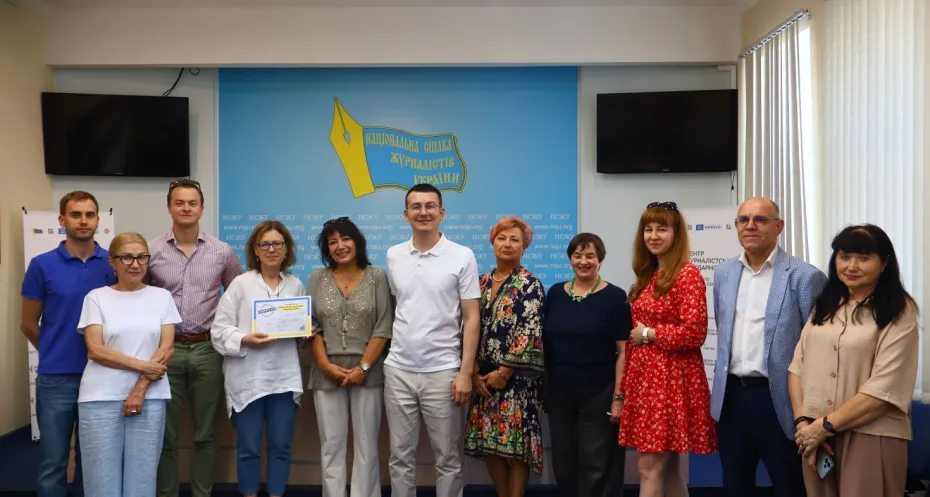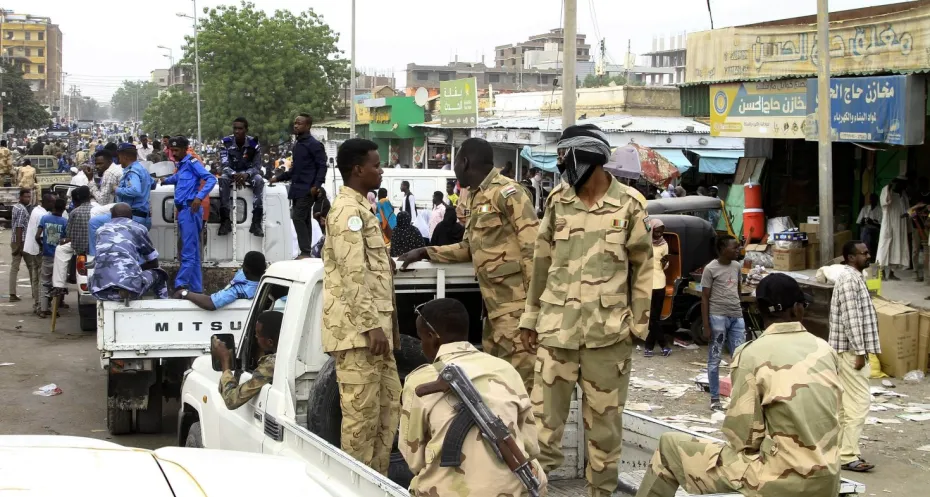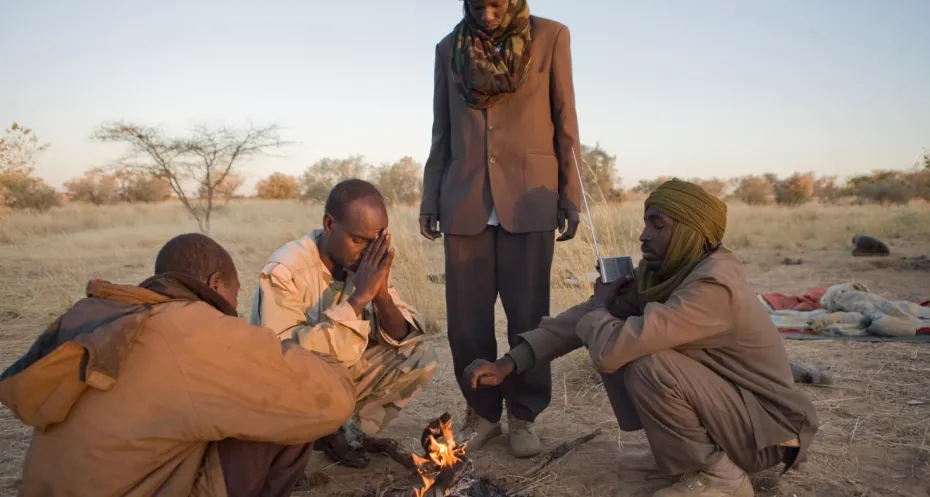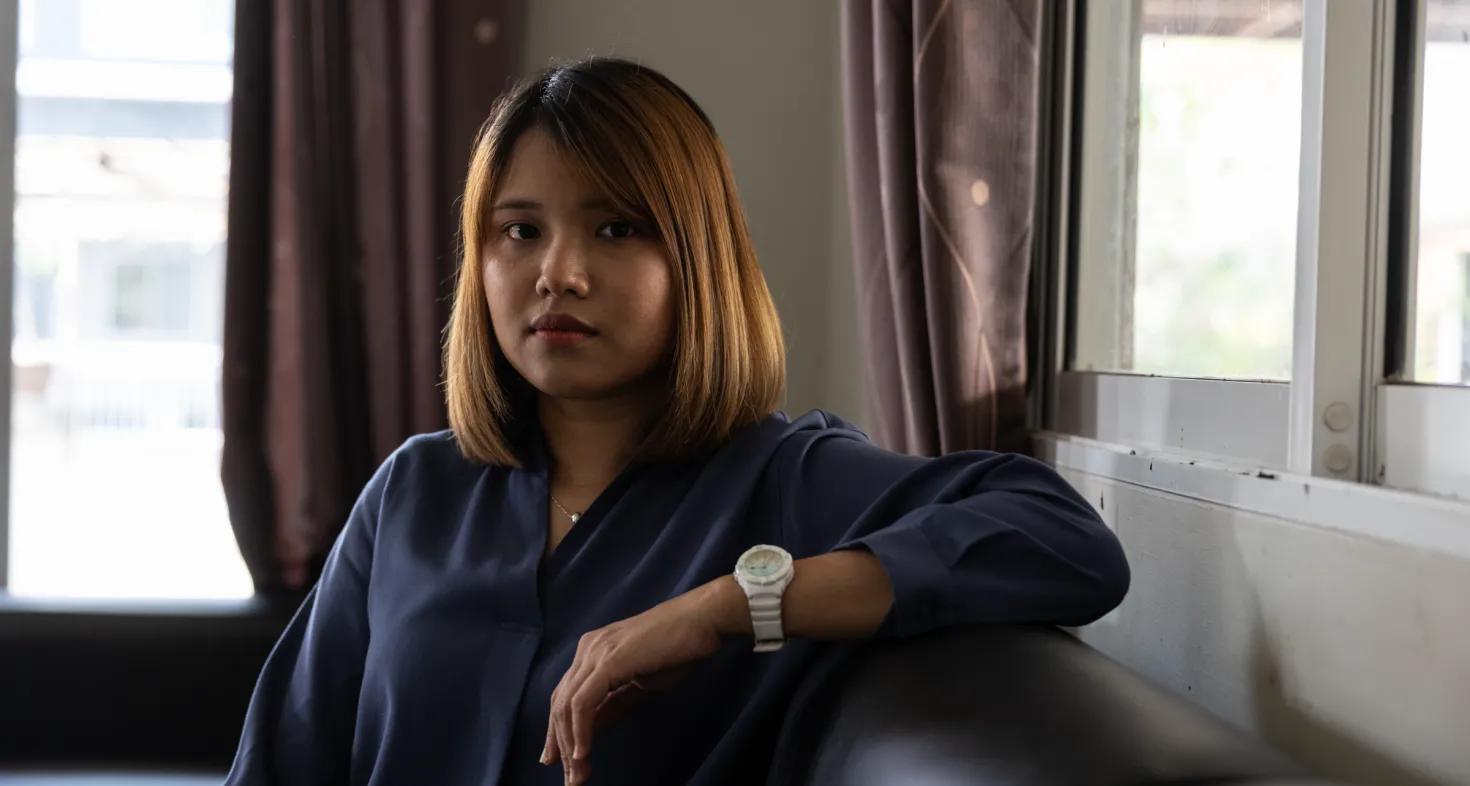
The Burmese Delta News Agency operates in exile
Three years ago today, on 1 February 2021, Myanmar’s military seized power, eliminating the democratic government. For journalists this meant that it became life threatening to do their job. That is why many journalists had to quit or move away. Like Hsu, who now works from exile together with her colleagues from the independent outlet Delta News Agency (DNA).
Ever since the coup, human rights have been violated in Myanmar. Including the right to information.
Hsu: “A reliable flow of information is crucial, but the military regime has blocked it and is spreading misinformation. That’s why our journalists keep working, they want to serve the public with quality information, and counter the misinformation coming from the military generals.”
Can you list some of the challenges DNA faced shortly after the coup in Myanmar?
After the coup at least 14 media outlets had their publication license revoked by the military regime, including DNA. So they tried to block the free flow of information. All at once, being a journalist in Myanmar now meant being a criminal. It was unsafe, the military regime prosecuted DNA journalists.
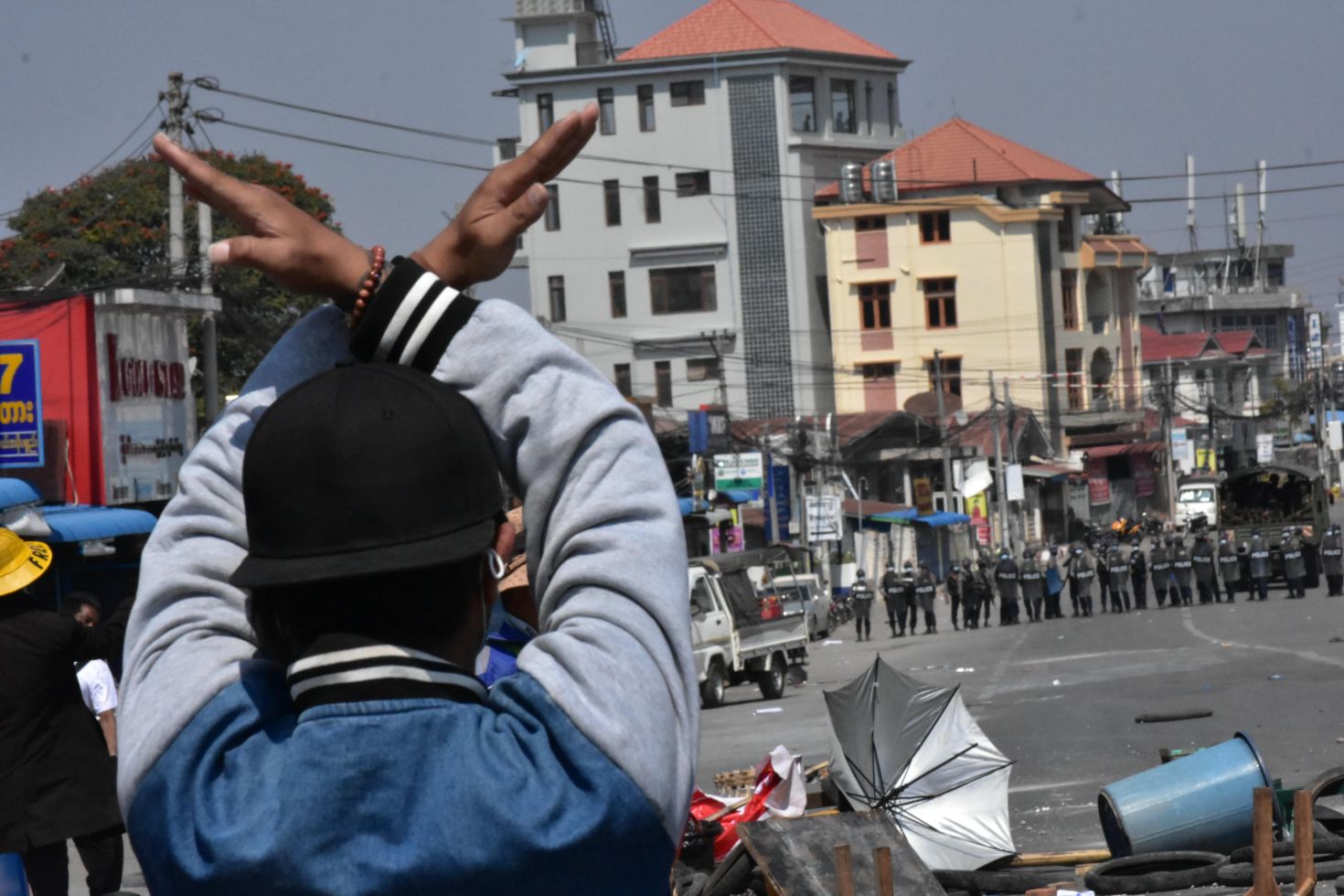
This is why it was needed for us to move and operate from exile. Free Press Unlimited has helped many of our journalists to relocate to a safer place, including their family. We went to the neighboring country, Thailand, where we faced different challenges. We need to keep a low profile here: being undocumented can make you a target for the authorities. And lastly, finances are a challenge. Some journalists have a whole family to take care of, but there is not a sufficient salary. It’s very difficult to find the funding to pay for our operational costs.
After arriving in Thailand, what were the living and working conditions you were facing?
The living and working conditions here are not easy. Everything is new for us, like the language barrier. We also crossed the border illegally which makes us feel guilty about breaking the law. That's why we have to be very careful all the time, for example with renting a house. In everything we do, we seriously have to consider our safety.
"There are informants that watch our office to see who goes in and out."
We have been here for two years now, and we are trying to get a legal status to live here. For this we apply to be documented as migrant workers. However, even though this would make us legal as civilians, it is not covering journalist work.
There are informants that watch our office to see who goes in and out. At one point they pretended to be an air conditioning repairer to get inside. We refused him, and then he ran away. At that moment we decided to move to a different location. There we have been for ten months now, and it is better.
How do you keep track of what happens in Myanmar?
It is very difficult for us and for the Myanmar people in general to have access to information. Since February 2021, the military regime shut down the Internet around the country. Only the big cities like Yangon, Mandalay, and some areas still have internet access. People mostly use Facebook to communicate with each other. And in other areas they get their information through listening to the radio.
As DNA, we collect information from the online platforms and open source data, and we are connected to sources on the ground, through phone mostly. They know the situation and keep us informed. But gathering information is very challenging for them.
What kind of support do you need?
Free Press Unlimited supports our journalists in getting legal documents. This makes a big difference. This brings journalists a lot of relief, they do not need to be as afraid anymore of their safety in Thailand because they are legal. It helps us focus more on our work.
"We struggle mentally as well. We have been through war, and suffer from trauma and depression. In this time we really need to support each other."
The current situation for the independent media in Myanmar is very challenging, the number of journalists has decreased and the circumstances on the ground are very difficult. So they really need emergency support. But the long term is also important because our sustainability is threatened. The reality is that for the next three months we do not have enough funding.
We struggle mentally as well. We have been through war, and suffer from trauma and depression. In this time we really need to support each other, and at the same time we have to keep working. We can't stop. Even though we have challenges, we have to keep advocating for peace, for journalism and press freedom. We stay dedicated to the principle of journalism and to providing high quality news.
